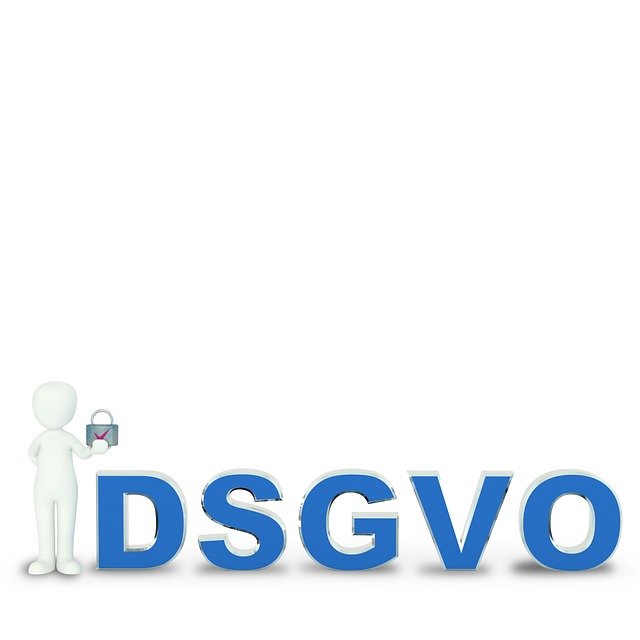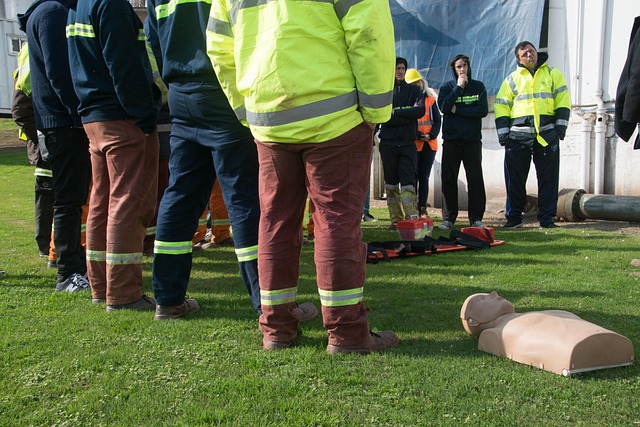Use Mentors and Networks to Speed Professional Growth
Professional growth often accelerates when individuals combine structured learning with relationships that provide guidance, feedback, and access. Mentors and networks help translate learning—such as certifications, microlearning, or apprenticeships—into real workplace advantage by offering context, introductions, and practical advice that boost employability and confidence across remote and onsite roles.

How can mentorship and networking accelerate growth?
Mentorship and networking are complementary: mentors provide sustained one-on-one guidance, while networks supply breadth and opportunity. A mentor helps you prioritize which skills to develop, review a portfolio, and rehearse conversations for interviews or performance reviews. Networks introduce you to potential collaborators, hiring managers, and project opportunities that might never appear on formal job boards. Combining mentorship with active networking increases visibility, helps you translate credentials into job-ready narratives, and speeds the path from learning to impact within an organization or industry.
What role do upskilling and reskilling play?
Upskilling sharpens capabilities in your current field, while reskilling prepares you for a different role or sector. Mentors can suggest targeted upskilling courses or microlearning sequences to close gaps noticed during real work. Networks reveal where demand is rising so you can anticipate which reskilling investments will pay off. Together, these approaches reduce the trial-and-error period of career transitions and make development choices more efficient, helping you prioritize certifications, apprenticeships, or practical projects that demonstrate competence.
How should you build a portfolio and credentials?
A portfolio that combines evidence of projects, quantified results, and endorsements from mentors or collaborators improves credibility more than credentials alone. When you add certifications or credentials, pair them with short case studies or work samples that show how knowledge was applied. Mentors can help curate the strongest examples and recommend which credentials are respected in a given field. Update your portfolio regularly and use it to narrate learning outcomes from microlearning modules, apprenticeships, or remote work experiences so hiring managers can assess real-world capability.
Can microlearning and certifications improve employability?
Microlearning and certifications both support employability when they are aligned with practical needs. Microlearning offers quick, focused skill boosts that mentors can help integrate into daily work, while certifications validate a baseline of knowledge to employers. Employers increasingly look for evidence of continual learning: short courses, stacked credentials, and demonstrable projects. Use mentors and network contacts to vet which certifications hold value in your area, and convert bite-sized learning into portfolio items to strengthen job applications and interview narratives.
How does skill mapping and apprenticeships fit into planning?
Skill mapping is a diagnostic step that identifies current strengths, gaps, and the skills required for target roles. Apprenticeships and on-the-job training provide structured pathways to close those gaps with supervised experience. Mentors can aid in mapping skills to realistic milestones and suggest apprenticeships or projects that accelerate competency build. Networks can alert you to apprenticeship openings or collaborative projects where you can apply new abilities. Together, these elements form a practical roadmap from learning to sustained employability.
How can remote work be incorporated into career strategies?
Remote work expands access to mentors, networks, and learning resources across geographies. Building relationships in virtual communities, contributing to distributed projects, and showcasing remote-friendly credentials all help demonstrate adaptability. Mentors experienced in remote work can advise on asynchronous collaboration, digital portfolio presentation, and how to leverage remote roles for skill diversification. Networking across time zones also increases exposure to varied practices and tools, which can strengthen both your portfolio and your candidacy for hybrid or fully distributed positions.
Conclusion
Mentors and networks do more than offer advice; they connect learning to opportunity. When you pair targeted upskilling or reskilling, microlearning, and recognized credentials with a curated portfolio and strategic skill mapping, mentorship and networking convert knowledge into measurable career progress. Apprenticeships, certifications, and remote projects become far more effective when guided by mentors and amplified by a responsive professional network.





